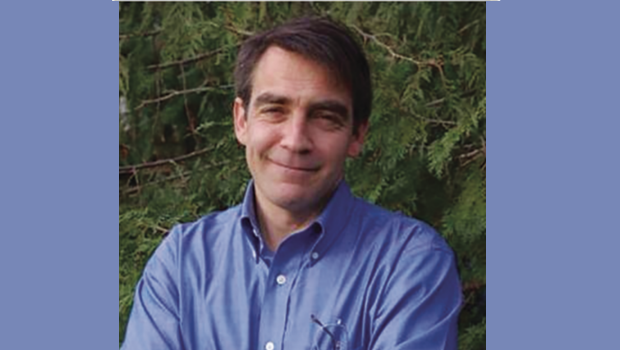Your book Seeking Sickness: Medical Screening and the Misguided Hunt for Disease highlights the dangers of medical screening, a practice that we are told prevents deaths in the thousands. Can you give us a brief overview of the risks? The main message that my book delivers is that all screening can cause harm, although some screening  may also do good. This is not an original idea but one that is not well understood by the public who are being told all the time: Get screened. Find it early. Don’t wait.
may also do good. This is not an original idea but one that is not well understood by the public who are being told all the time: Get screened. Find it early. Don’t wait.
A screen can be helpful if it is able to find disease early enough, and in a form that doctors can do something about. But how many screening programs pass that test?
Not many. Even with mammography to detect early signs of breast cancer, or PSA testing trying to gauge a man’s future risk of prostate cancer, thousands of people need to be screened to save a single life.
This needs to be weighed against all the people who have to deal with cancer scares, false positives, and the risk of being overdiagnosed and “treated” for something that was never going to go on to harm them.
So what questions do you believe one should ask when facing a medical screening? The easy way to think of this is the four W’s. Who is recommending this test? Who stands to gain from the test? What will the test find and can it find it accurately enough? What are the rates of false positives that could result, i.e., things that they find that may be suspicious but are not true signs of disease?
And, finally, where is the evidence that people “like me” are helped or harmed by what follows from the screening? You need to consider the way your life may be drastically altered just by the act of being screened.
There are a number of controversial or disputed statistics about screening risks. How does a patient find out the most accurate information about a potential scan? You must seek out independent experts—those who have no vested interests in promoting the screening.
Because of the many potential conflicts of interest for those who promote screenings for all kinds of things, we have to be wary of what organizations and specialists say about their values. In Canada, the Canadian Task Force on Preventive Health Care is a good place to start. You should also ask your physician about the value of screening and never let yourself get rushed into a decision.
What would you say to critics that cite the diagnosis of a relative or loved one as a reason to continue with medical screening? It’s perfectly understandable for people to believe that screening found a problem “early” and thus saved a loved one’s life.
People with anything suspicious should definitely get it checked out. For every one person who may believe they were saved by a screening program, there are many, many people whose life will be made worse.
Luckily, deaths from many diseases continue to drop and people are living longer after a diagnosis because doctors are more knowledgeable and we have better treatments available; not because we aggressively screen.
Most of recommendations around screening programs have been seriously scaled back in recent years in light of the problems of overdiagnosis.
This interview ran on July 6, 2012, in the Vancouver Sun. We have full permission from Alan Cassels to use it.
Alan Cassels has been immersed in pharmaceutical policy research and healthcare journalism for the past 23 years, mostly studying and writing about how prescription drugs are regulated, marketed, prescribed and used. His niche is in exposing the large gap between the marketing and the science around prescription drugs, medical screening and other forms of disease creation. He will be speaking at The Real Truth About Health Conference, which will be held Feb. 2-11, 2018, at the Long Island Hilton, in Melville (RealTruthTalks.com).





